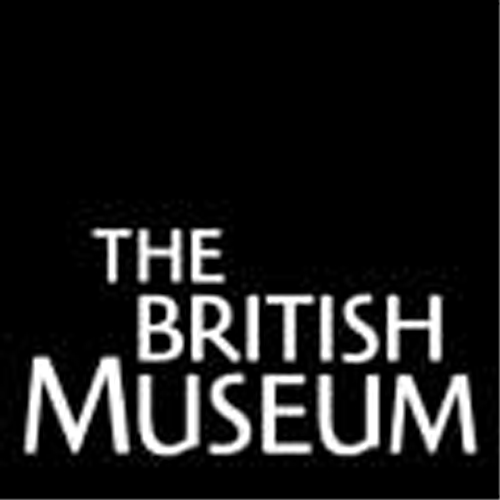The British Museum
History Network

The British Museum holds in trust for the nation and the world a collection of art and antiquities from ancient and living cultures.
Housed in one of Britain's architectural landmarks, the collection is one of the finest in existence, spanning two million years of human history. Access to the collection is free.
The Museum was based on the practical principle that the collection should be put to public use and be freely accessible. It was also grounded in the Enlightenment idea that human cultures can, despite their differences, understand one another through mutual engagement. The Museum was to be a place where this kind of humane cross-cultural investigation could happen. It still is.
The Museum aims to reach a broader worldwide audience by extending engagement with this audience. This is engagement not only with the collections that the Museum has, but the cultures and territories that they represent, the stories that can be told through them, the diversity of truths that they can unlock and their meaning in the world today.
The Museum has continually sought to make its collections available to greater and more diverse audiences, first in London, subsequently the UK and worldwide. Over the past forty years, the increasing ease of international travel has meant not only that more visitors from abroad can come to London to use the collection, but that the collection can more easily travel to them, and be put to public use in new local contexts.
The British Museum website is not merely a source of information about the collection and the Museum, but a natural extension of its core purpose to be a laboratory of comparative cultural investigation.

